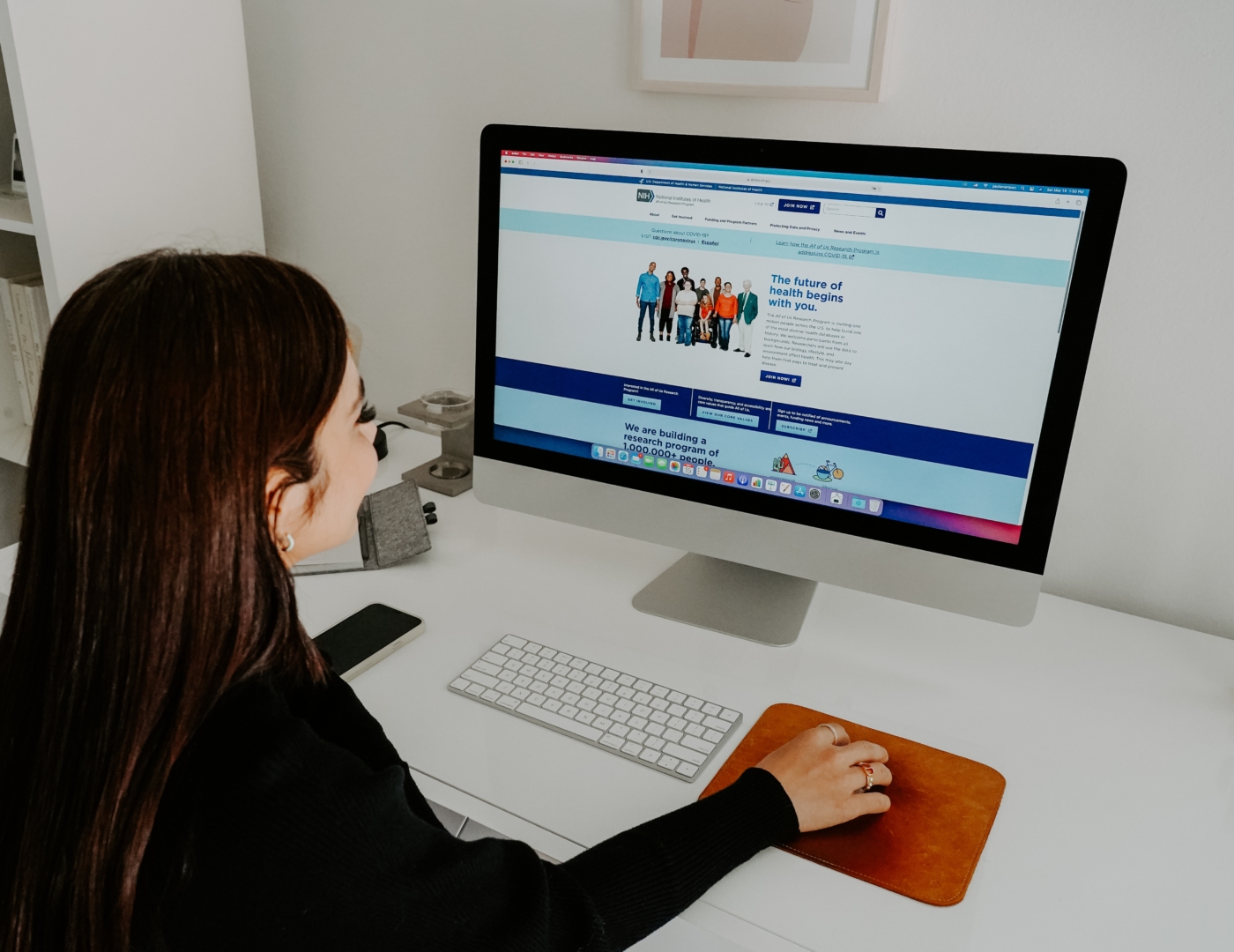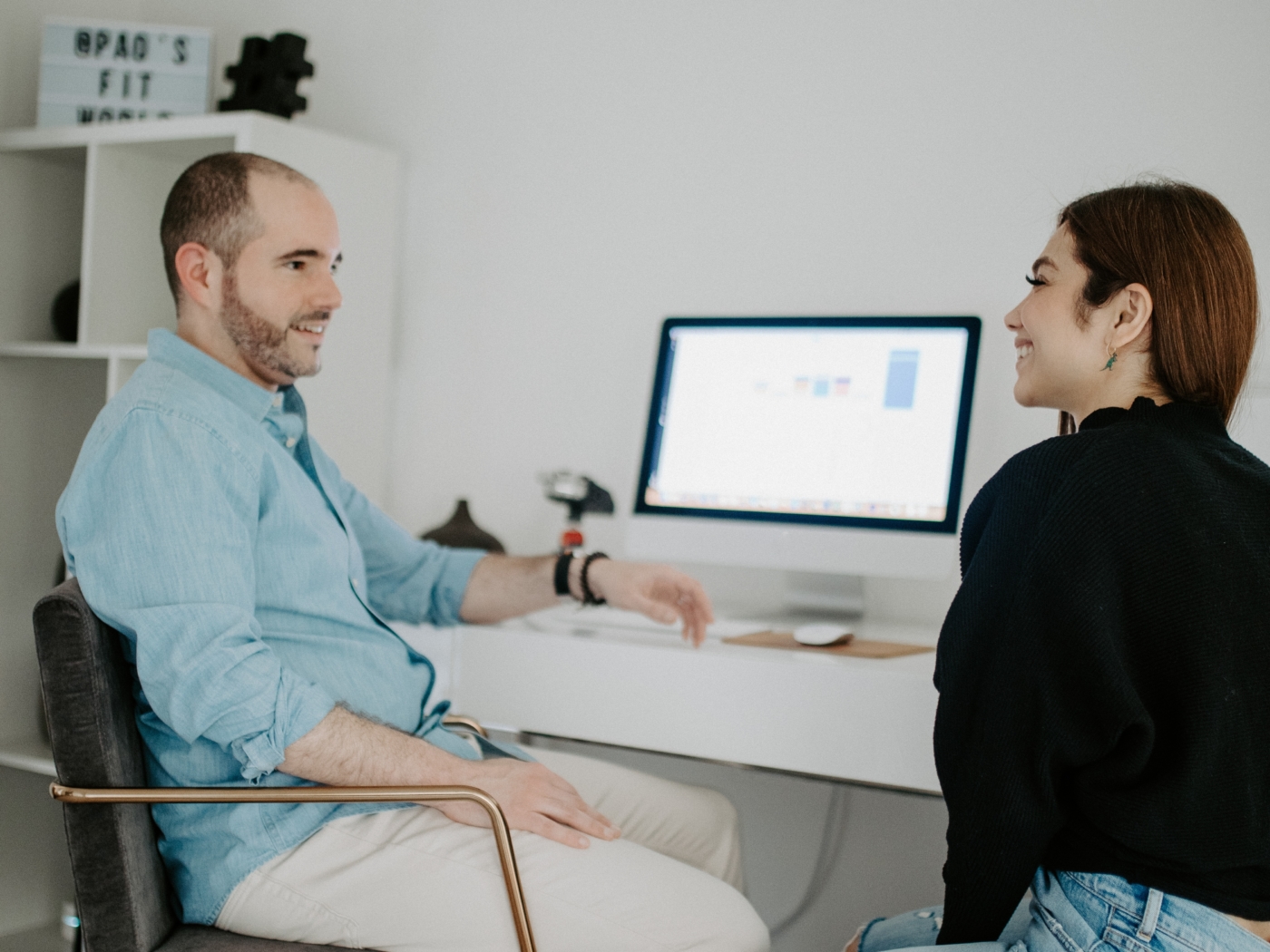How Marginalized Communities are Improving Medicine

eing healthy isn’t just about what happens in the doctor’s office. As you know I believe that health is interwoven into our entire lives through diet, movement, and mindset! Health includes access to health care but also things we may take for granted like having a safe place to work and live.
In medical research underrepresented communities also called UBR communities include BIPOC, LGBTQ, low income, and low education. These populations also include some of our most vulnerable citizens which means our medical system isn’t designed to best support all of our populations.
Most research that is considered for United States medicine best practices has been performed on White males. Not to mention other research conflicts like small sample sizes and outdated data.
This research rarely considers DNA, experiences, or health realities of UBR communities, yet we know that different subsets of these communities are at a higher risk of various diseases such as diabetes, heart disease.

BIPOC Health Disparities
Health in the US is very much affected by racism and lack of diversity in studies. The solution is two-fold; collecting data and performing research on the realities of the health of these communities, while also developing awareness and solutions for the systemic racism that exists.
There are racial inconsistencies in medical care practices. For example, less screening for cancer in BIPOC populations. A direct racial bias. These indescrepencies mean lives are lost. Lives that may have been saved if the person was in a white body. As a Latina mother raising a baby this issue calls to me loudly.

LGBTQ Health Disparities
Research gaps for the LGBTQ community include mental health, adolescent health and development, parenting, and HIV research just to name a few. This means our medical body of research doesn’t thoroughly understand the health experiences of these members of society.
As you can imagine all of these gaps and the effects of stigma and current laws are critically important to someone’s wellbeing. For example, if a lesbian person is not allowed to get married in her state, she also may not be able to access employer-sponsored health insurance that her partner has. It’s important for us to understand the disparities individual populations face so we can learn how to treat our LGBTQ community members better. (https://www.ncbi.nlm.nih.gov/books/NBK64795/)
Over the last months, I’ve been connecting with the All of Us Research Program. Their mission is to collect health data from every demographic at scale in order to support diverse medical research. Even more uniquely their collected data is part of a database made available to approved researchers who otherwise may not have access to such a diverse pool of data.
Precision Medicine vs. One Size Fits All
Precision medicine references specialized treatment specific to the body, biology, and lifestyle of a patient. We already use a precision tactic when considering someone’s blood type. We wouldn’t give a blood transfusion with just any blood; we know it needs to be a match. While current medicine is always working to be more precise in subjects like viability of treatments, best path of care, and improved pharmaceutical products for example, there is still little consideration for unique genetic makeup or even lifestyle factors.
You may have also heard of Pharmacogenetics which is a sub-segment of precision medicine. Pharmacogenetics studies how genes affect a person’s response to different drugs. Research can use this information to develop safe medications in doses more specific to the person using them.
Someone with a known, DNA tested, pre-disposition for a disease could potentially require different treatment than someone who doesn’t have the same DNA, but our current body of research isn’t strong enough to make such individualized decisions all the time.
The All of Us Research Program is part of a Precision Medicine Initiative. They are currently building towards a goal to gather data from 1 million people in the United States, this would be revolutionary as it would be one of the most diverse databases in history! Ultimately this is the beginning for the amount of information we need to help find ways to treat and prevent disease accurately in all populations.

Contributing to Science, How We Help
There’s an opportunity for you now to contribute to precision medicine. All of Us collects information and metrics regarding biology, lifestyle, and environment. Of course, your contributed data is always kept confidential and anonymous.
Sharing your health experience in this way could save the life of your family member generations down the road. How powerful?! Contributing to All of Us makes it possible for our communities to be represented in research.
All of Us will combine surveys, data from electronic health records, blood and urine samples, and physical measurements, to get a more complete picture of human health across many conditions.
To get started in your volunteer process visit allofus.org There are many different ways to help and contribute to better medical practices all across the United States.
References
The Health of Lesbian, Gay, Bisexual, and Transgender People: Building a Foundation for Better Understanding (https://www.ncbi.nlm.nih.gov/books/NBK64795/).





